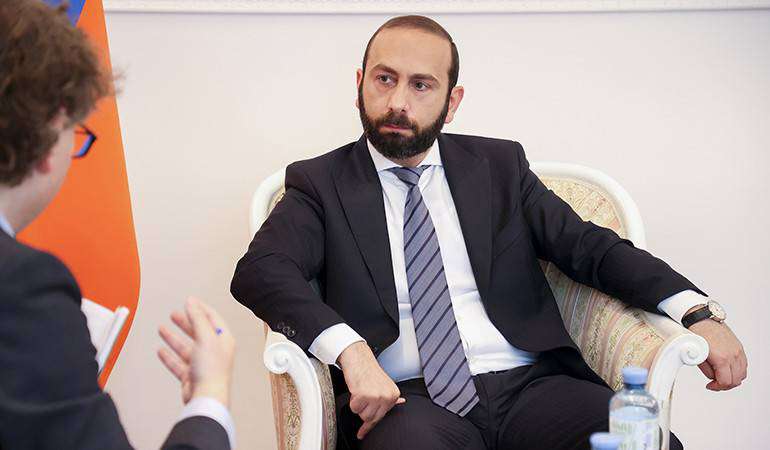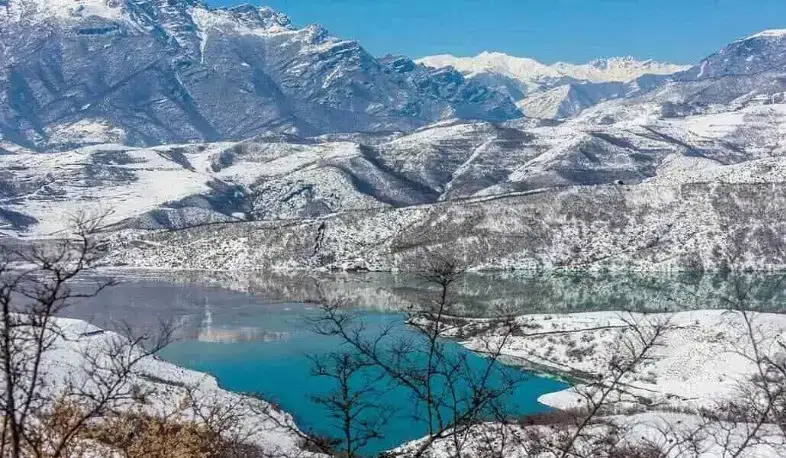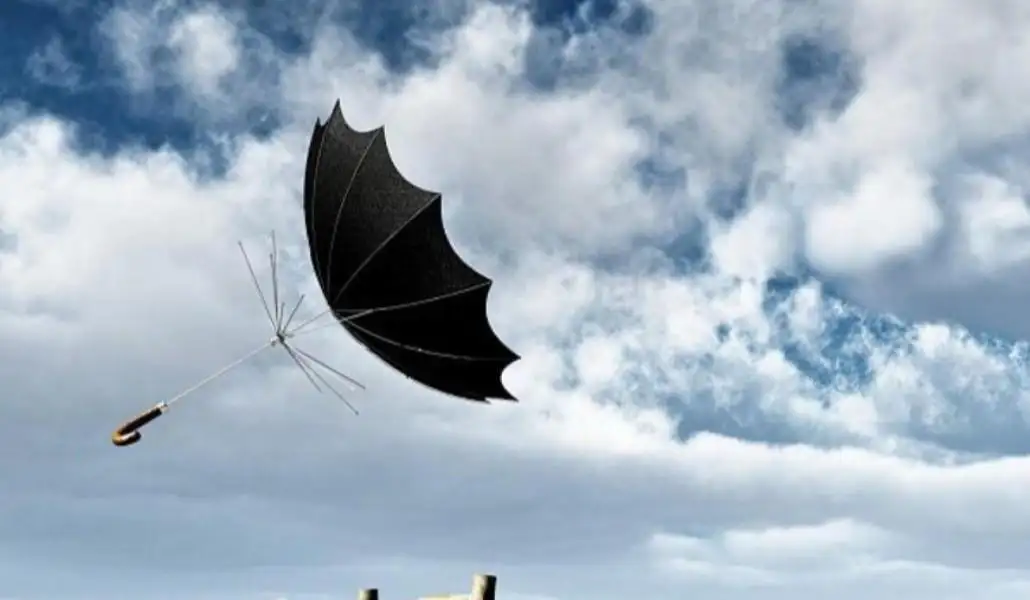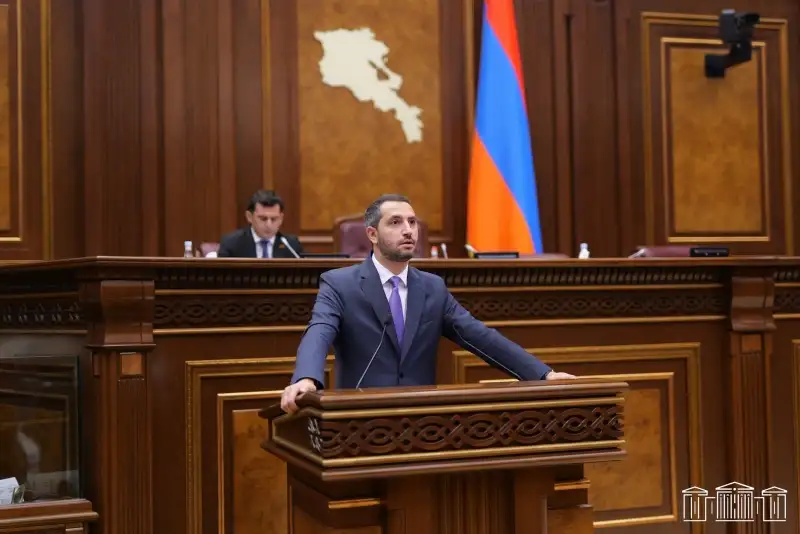Within the framework of his working visit to Austria, RA Minister of Foreign Affairs Ararat Mirzoyan gave an interview with the leading Austrian daily "DerStandard." Below, we present the journalist's questions and their answers.
Question: Peace negotiations between Armenia and Azerbaijan took place in Brussels on Saturday. What is the most crucial point for you in the negotiations?
Answer: Armenia and Azerbaijan cannot regulate their relations without considering the security and rights of the Armenian population in Nagorno-Karabakh. Azerbaijan has always talked about Armenia's territorial claims. However, the issue is about people's safety and fundamental freedoms.
Question: Recently, there were reports of blocking the Lachin Corridor, an important transport hub leading to Nagorno-Karabakh. What is the current situation there?
Answer: Lachin Corridor is the only way of life that connects Nagorno-Karabakh with Armenia and the rest of the world. It was illegally closed seven months ago, in November 2020, violating the ceasefire declaration. Initially, the International Committee of the Red Cross and the Russian peacekeeping forces could deliver some food and medicine to Nagorno Karabakh. However, the corridor has been completely blocked for a month. Nothing passes. Nagorno-Karabakh is under a de facto blockade.
Question: Do you see a way out?
Answer: The humanitarian situation is challenging; we are close to a disaster. Therefore, it is urgent to show clear international support.
Question: Many international actors want to mediate: the EU, the US, and Russia. However, everyone also pursues their interests. Do you always see this as support, or do you sometimes feel pressured?
Answer: The process has two dimensions: political, which you are asking about now, and humanitarian. I would separate these two aspects. First, we need immediate humanitarian intervention to save 120,000 people from starvation. Then we can continue negotiating with everyone interested in establishing a stable peace in the region.
Question: What is the prerequisite for lasting peace?
Answer: We must avoid entering another dangerous cycle of hostility. Enough blood has already been spilled in the South Caucasus. Mutual recognition of territorial integrity will be critical. Unblocking the regional transport infrastructure is also essential. And as for the issue of security and rights of Nagorno-Karabakh Armenians, the best mechanism for this would be the dialogue with international participation.
Question: After the ceasefire concluded in 2020 with the mediation of Russia, Prime Minister Nikol Pashinyan came under heavy pressure. Many saw the ceasefire as a "capitulation," and violent protests sometimes occurred. What is the mood in Armenia today?
Answer: Yes, there was a severe crisis at that time. Extremist forces were among the organizers. Government buildings were also attacked. I was shot; I was the speaker of the parliament at the time. We decided to appeal to the people. That's how democracy works. The election's main issues were Pashinyan's peace agenda and whether Armenia should continue its democratic reforms. Despite all the difficulties, the ruling party won free and fair elections. Of course, even today, the government is criticized, which is healthy. But the crisis of that time was overcome.
Question: To what extent have Armenia's relations with Russia changed since then? After all, your country is a Moscow-led Collective Security Treaty Organization (CSTO) member.
Answer: If we follow the current debates in Armenian society, we can see great disappointment regarding the actions of the Russian peacekeepers in Nagorno Karabakh and the Russian reactions to Azerbaijan's invasions of the Armenian territory. We appealed to the CSTO and had an observation mission led by the Secretary-General. But we expected more. It's not a secret.




















